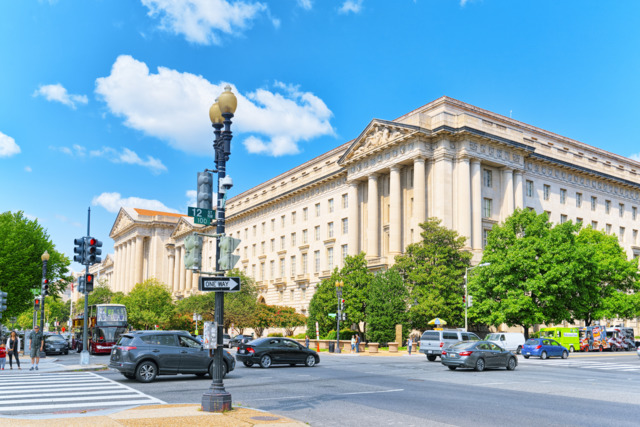Though it did not come as a shock to many business specialists, as of Jan. 15, 2025, the Federal Freeway Administration (FHWA) waiver program which had long-allowed sure American-based manufacturing necessities to be ignored, got here to an finish. It doubtless comes as one of many closing coverage acts by the Biden Administration on infrastructure, which handed many historic and unprecedented legislative initiatives to be felt for many years to come back.
Ever since 1983, this waiver bypassed home necessities on a big collection of assembled objects and gear, for instance: Built-in electronics, ITS {hardware}, sign bins, pumps, and an extended checklist of others. Earlier necessities they be produced in america had been capable of be neglected on account of arguments that many of those parts and supplies can be overly costly to correctly supply and confirm beneath the legislation’s language.
Nonetheless, the Infrastructure Funding and Jobs Act (IIJA) tightened the “belt” not just for issues like iron and metal completely integrated into federal help based mostly tasks, but additionally for different classes of beforehand exempted merchandise.
The IIJA pressured a evaluate of all such waivers, not simply these utilized by the FHWA, and now the home mandate shall apply. Whereas the ARTBA, its members, and several other of its allies submitted feedback to the federal government arguing in opposition to this determination, saying that it might danger additional will increase in prices and undertaking delays, in the long run the outgoing administration determined to position the precedence of home manufacturing above that of their issues. Consequently, the FHWA now estimates that the change may end in a rise of $8.5 billion throughout the subsequent decade.
What This Means @BRIAN_KINNEY – adobe.inventory.com
@BRIAN_KINNEY – adobe.inventory.com
From a ARTBA press launch, beneath the revised rule, manufactured merchandise:
- Will must be assembled in america, and
- Greater than 55% of their parts (by price) should be made in america.
FHWA plans to part in these necessities, with the primary requirement making use of to federal-aid tasks obligated on or after Oct. 1, 2025, and the second starting Oct. 1, 2026. The company additionally famous that it’ll work with producers and state transportation businesses to determine particular merchandise that will require short-term waivers going ahead.
Throughout the first Trump Administration, there was robust assist for home manufacturing, as nicely, and it’s anticipated that the brand new Trump Administration will comply with go well with.







